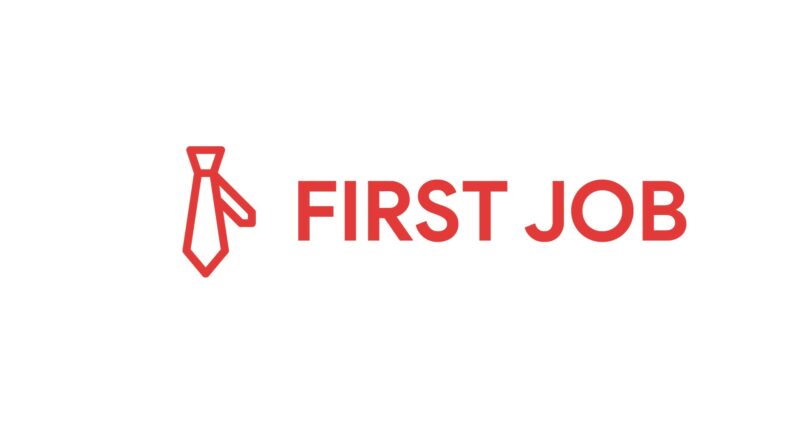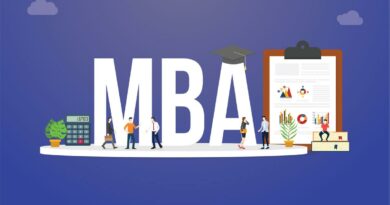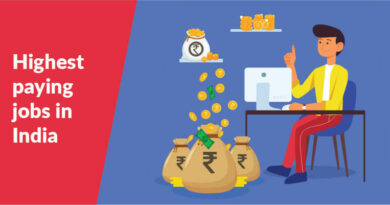Finding your First Job
Finding your first job can be a daunting experience, especially in these uncertain times. You’re eager to enter the corporate world and explore the possibilities of a fulfilling career, but landing your dream job may not happen right away. The reality is that higher-paying jobs often require additional education and experience, which is why it’s essential to start somewhere and work your way up the corporate ladder.
In this article, we’ll provide some tips on how to land your first job with no experience, including what a fair decent first job looks like, the ideal age to start working, and how to get your foot in the door. We’ll also cover how to build your resume, apply for jobs, prepare for interviews, and follow up on your applications.
What is a Fair Decent First Job?
Your first job is your career launcher on the corporate ladder, and it’s an opportunity to learn and grow as you navigate the corporate world. It doesn’t necessarily need to be your dream job, but it should help you identify what kind of work you enjoy, your strengths and weaknesses, and the corporate culture. Entry-level positions in sectors such as retail, sales, fast food, or other industries are often competitive because many teenagers and young adults seek them out. However, these workplaces are almost always hiring, so there are plenty of opportunities for you.
For students who have completed their 10th or 12th grades, you may work as interns, assistants, clerks, or helpers in various industries or companies. For freshers, entry-level jobs such as data entry operators, software/hardware engineers, accountants, sales/marketing executives, and more may be suitable. Women may consider jobs such as home tutoring/teaching, helpers, cooks/chefs, receptionists, client relationship managers, and more.
What’s the Ideal Age to Start Working?
There is no particular age to start working, and you can start while you’re still at school or graduating college or after pursuing your master’s degree. If you’re passionate about something and want to pursue a career in that field, then age should not be a barrier.
How Can I Get My First Job with No Experience?
Starting out in the job market can be intimidating, especially when you don’t have any experience to back up your qualifications. However, landing your first job is not impossible if you know the right approach. Here’s a checklist of things you can do to get your foot in the door:
Do Your Own Job Search
The first step to getting a job with no experience is to identify your strengths and what you can offer to a company. Look for roles that match your interests and skill set, and then study the job descriptions to understand what employers are looking for. You can also connect with people in your desired industry to gain better insight and collect referrals for future job opportunities.
If you’re still unsure of what to pursue, it’s okay to start with something that doesn’t align with your dream job. You can always gain experience, learn new skills, and explore different career paths as you grow in your career.
Build Your Resume
Your resume is your first impression of hiring managers. While you may not have direct work experience, you can still highlight your skills, education, and any relevant projects or activities you have completed. Tailor your resume according to the job role and showcase how your skills align with the position. This will demonstrate your intent and commitment to the job.
Apply on Job Portals and Hiring Apps
Once you have clarity on the roles you want to apply for, it’s time to search for companies that value your skillset. You can utilize job boards, professional networking sites, or career pages of companies to find job openings. Attend job fairs and career events for offline networking opportunities. Remember, the more you apply, the better your chances are of landing a job.
Check out Hireclap.com to find the latest fresher jobs in India.
Prepare for Interviews
If you make it to the interview stage, congratulations! It’s important to prepare by studying the job description and the company’s mission and values. You can also personalize your approach by researching the interviewer on professional networking sites to better understand their interests and get to know them as a person. This can help you build rapport and have a better conversation during the interview.
Follow Up
After the interview, don’t forget to send a thank you email to the interviewer. This will show your appreciation and keep you on top of your mind. You can also take this letter as an opportunity to reinforce your potential value to the company and enthusiasm for the role.
Bonus point: As you wait to hear back, it’s a good idea to apply for other jobs. It’s rare to get a job in the first place you apply, and it’s better to open up more options for yourself.
In this intimidating process just don’t start devaluing your own capabilities in case you didn’t clear an interview or your CV didn’t get shortlisted and follow the drill again if you didn’t get selected.
Before accepting the job offer of your first job just ask these six questions yourself:
Will this job teach me new skills?
Can I switch departments in order to try out new things?
Will this job support me financially?
What are the working hours for the job?
How much is the commute time?
Will this job help me broaden my professional network?
So be prepared, be confident and always back yourself up.




